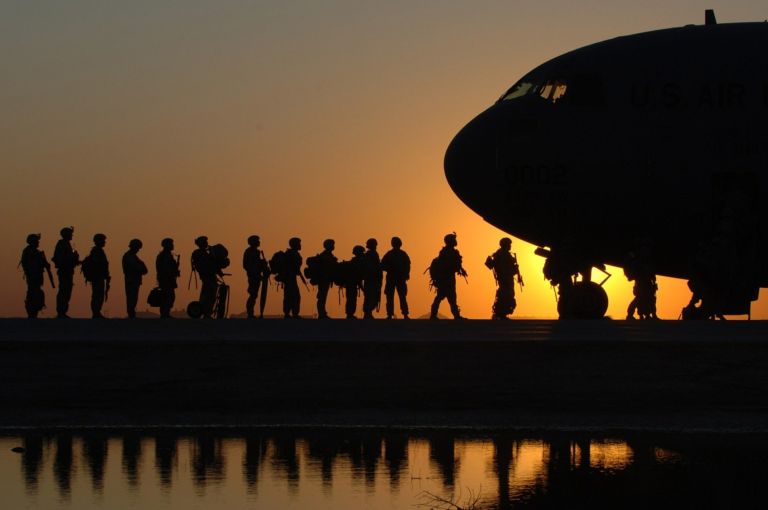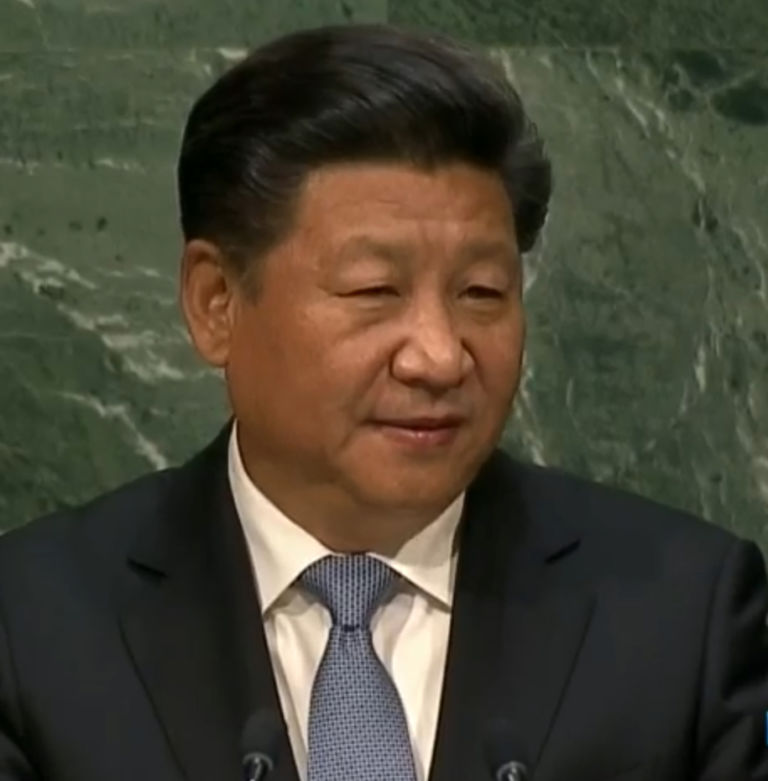At the 2013 N.C. School Boards Association’s Public Policy Conference, then-Superintendent of Public Instruction June Atkinson remarked,
With the voucher legislation that we have we could be in dangerous territory as far as taxpayers’ dollars going to private schools. There is nothing in the legislation that would prevent someone from establishing a school of terror.
Remarks like that one, founded on the perception that private schools do not cultivate civic values, prompted M. Danish Shakeel and Patrick J. Wolf of the University of Arkansas to research whether private Islamic schooling promoted domestic terrorism. Their study “Does Private Islamic Schooling Promote Terrorism? An Analysis of the Educational Background of Successful American Homegrown Terrorists” was made available via SSRN in October.
The authors concluded,
With limited data, this analysis indicates that there is lack of empirical basis to claim that religious and specifically Islamic schooling in the United States is associated with homegrown terrorism. Among the U.S.-raised Muslims charged with committing or attempting to commit acts of terrorism in the west, all for whom we have data attended traditional public schools. There is an interesting historical analogy, in that in the 19th and early 20th Century American Catholic schools were seen as divisive to the polity. In fact, as the past 30 years of research has shown, Catholic schools seem to increase rather than decrease patriotism, civic activity, tolerance as well as effectiveness (Bryk, Lee & Holland, 1993; Manno & Graham, 2001; Campbell, 2008). The same could be true of Muslim schools in the U.S.; however, their current small scale provides little evidence at this point to confirm that possibility. [Emphasis added.]
They point out the obvious, writing that “as mere attendance at a public school does not make one a democratic citizen, mere attendance at a religious school does not make one a fundamentalist or terrorist.” Unfortunately, that fact does not comport with the anti-voucher playbook.


